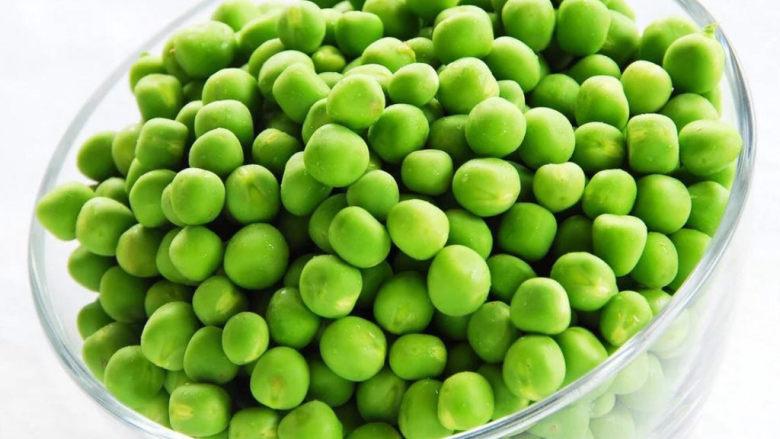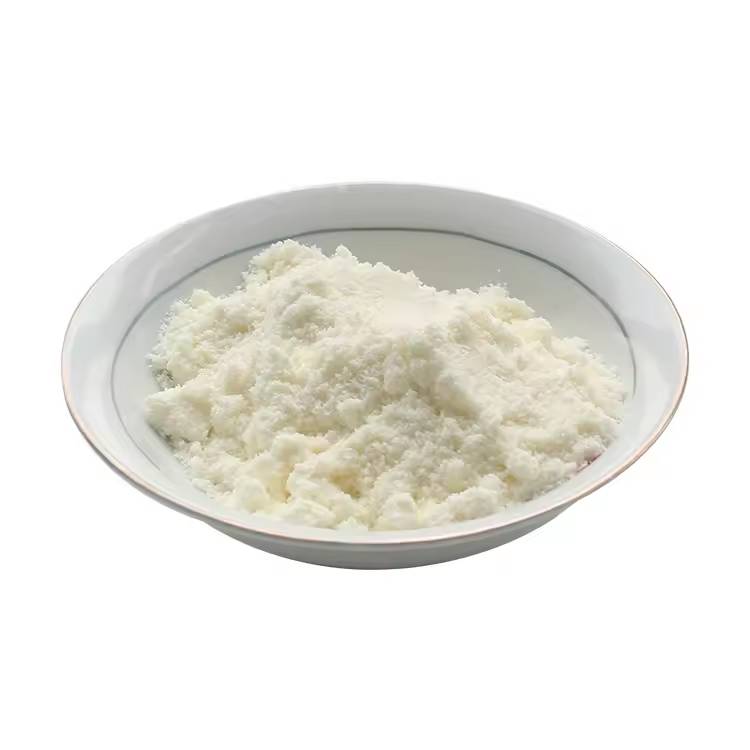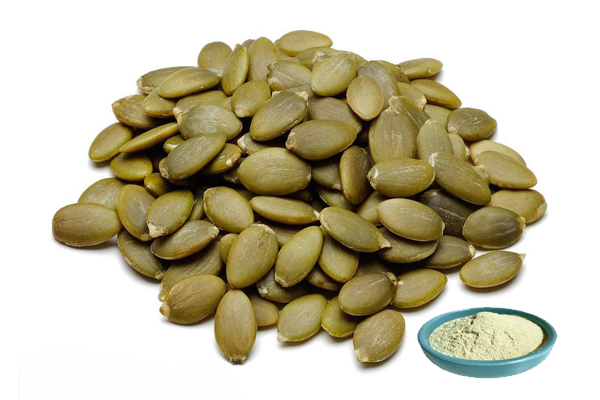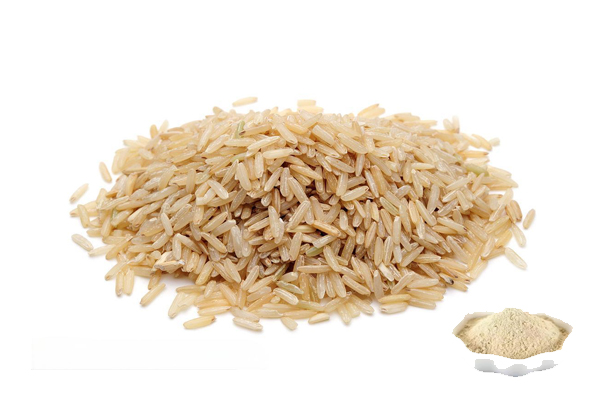Pea Protein Powder 80%
Source:Pea
Active Ingredients:Pea Protein
Assay:80%, 85%,90%
Testing Method:Kjeldahl Determination
Appearance:Light Yellow Fine Powder
Pesticide Residue:Comply with (EC) No 396/2005 Standard
- Description
- Data Sheet
- Certificate
-
What is Pea Protein Powder?
Pea protein is a high protein raw material isolated from peas, with 18 to 25 percent clear protein and 55 to 65 percent globulin. Clear protein contains more tryptophan, lysine, threonine, and other sulphur-containing amino acids, and globulin contains more arginine, phenylalanine, leucine, and isoleucine. Its amino acid composition is relatively balanced and close to the standard pattern recommended by FAO/WHO. Pea protein is high in nutritional value and has hypoallergenic properties, making it very friendly to lactose intolerant and allergic people.
Green Spring Technology supplies Pea Protein Powder 80%, which has excellent solubility characteristics, emulsification and foam stability, compatibility, and hypoallergenicity.
Green Spring Technology is a leading biotechnology company in China, established in 2000, dedicated to providing customers with natural, safe and organic plant extracts. Green Spring organizes its production following ISO, HACCP and other quality standards. Rigorous internal quality control processes are in place to ensure that quality standards are met. Our products are manufactured to the highest international industry standards, complying with EU EC396, EU 2023/915 and the highest solvent residue standards. Green Spring has obtained Halal, Kosher, COSMOS, BRC, IFS, FDA, ISO and many other certifications. Authoritative third-party test reports are available.
Specification:
Product Name
Pea Protein Powder
Latin Name
Pisum sativum L.
Source
Pea Seed
Active Ingredients
Pea Protein
Specification
80%, 85%,90%
Testing Method
Kjeldahl Determination
Appearance
Light Yellow Fine Powder
Pesticide Residue
Comply with (EC) No 396/2005 Standard
Regulation:
It conforms to EU regulations.
Looking for a Quotation?Benefits:
Complete Plant Proteins
Full-valent plant protein, also known as complete plant protein, contains a complete range of essential amino acids. It is capable of sustaining life and promoting growth and development. Pea protein contains the 8 essential amino acids required by the human body, with sufficient content and appropriate proportion to each other.
Increased Satiety
High protein foods reduce food intake by lowering gastrin levels, reducing hunger and increasing satiety. Pea protein reduces gastric growth hormone levels by forming more peptides that suppress appetite and delay gastric emptying, thereby maintaining a prolonged feeling of fullness.
High Biological Valence
The biological valence is a biological method of assessing the nutritional value of proteins and refers to the mass of protein converted to human protein per 100 grams of food source protein. It is determined by a combination of data. Pea protein is a high biological valence protein because it contains a complete range of amino acids and has a higher availability than soya protein.
Helps Build Muscle
Pea protein is rich in essential branched-chain amino acids (valine, isoleucine and leucine) that play an important role in muscle protein synthesis. Amino acids start to build up in the muscle mass in the following hours of training, especially weight training. Pea protein intake may maximize muscle mass gain with an effect comparable to whey protein.
Cholesterol Free
Cholesterol is also known as cholesterol. Cholesterol is widely found in animals. High cholesterol can lead to atherosclerosis of blood vessels, changes in haemodynamics, etc., which can increase the risk of cardiovascular diseases. Pea protein is a vegetable protein that is cholesterol-free and low in fat, which is beneficial to human health.
Applications:
In the Food Field:
Pea protein powder has excellent physicochemical properties such as high water and oil absorption, excellent gelation ability and gel transparency. It can be applied to process different kinds of products, such as sausages, meat patties, meatballs, chicken nuggets, meat sauces, vegetable meats, dairy products, beverages, and skinless baked goods. Pea protein powder can dissolve quickly in the product and support the structure, emulsifying fats and oils, forming gels and strengthening nutrition.
In products such as sausages, patties, and reconstituted steaks, the addition of pea proteins (mainly pea isolates and pea concentrates) not only improves the protein content of the product, but also gives the product pre-determined organoleptic properties, such as being softer and smoother, or more elastic. When used in combination with transglutaminase, pea protein helps to form a stronger protein network structure, which improves the chewiness of the product. The combination of different additions of pea protein powder improves the cutability of low-salt meat products, giving a smooth, flat cross-section to low-salt sausages that would otherwise be fragile and rough to cut. In vegan meat products, pea protein can, under certain conditions, form a fibrous structure like ‘shredded meat’, giving a texture similar to that of meat.
-
Download
Pea Protein Powder 80% COA


 English
English French
French Spanish
Spanish Russian
Russian Korean
Korean Japanese
Japanese










